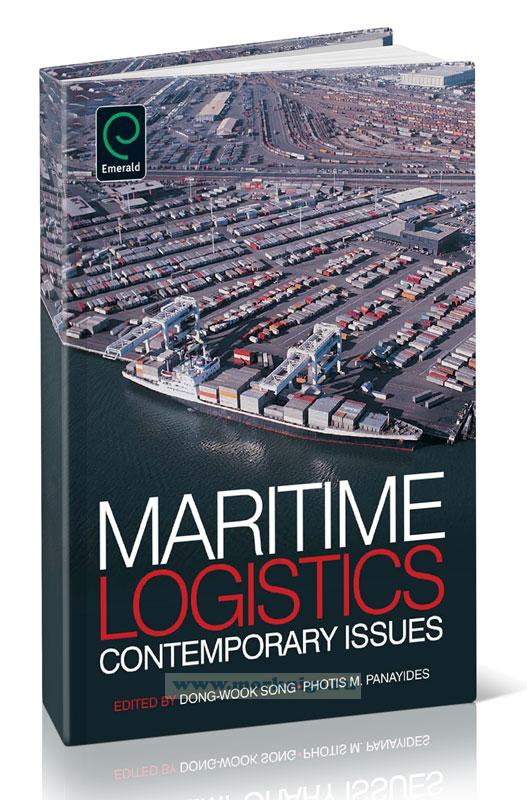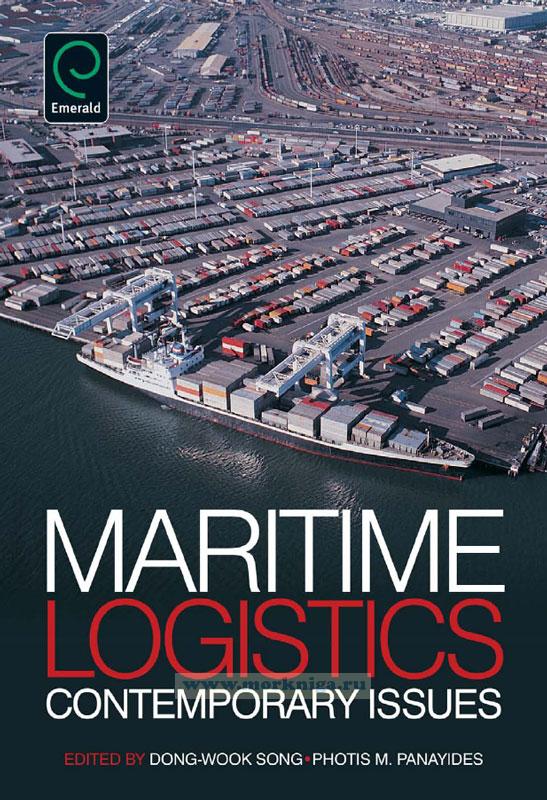Сб с 10 до 16
Maritime Logistics. Contemporary Issues/Морская логистика. Современные проблемы
Издание на английском языке
An academic discipline evolves as knowledge, experiences and insights are accumulated and tested over the period by scholars and scientists as well as industry professionals. Maritime logistics is certainly one of the newly generated disciplines, which is currently being developed from segmented or occasionally fragmented sectorbased works on shipping and ports from the managerial, economic and operational perspectives of shipping, ports and logistics. Transportation in general is regarded as a main engine for logistics and supply chain management. Transportation by sea is well recognised as the main means for regional and international trade: so-called seaborne trade; it carries almost 90% of world freight cargoes. Recent developments in the business environment such as globalisation, off-shoring and outsourcing have, however, caused sea transport to be incorporated into a global logistics supply chains. In other words, shipping and ports are to be managed and operated from a logistics and supply chain perspective.
Contents
List of Contributors
Chapter 1. Introduction. Dong-Wook Song and Photis M. Panayides
Part I Management, Operations and Strategic Issues
Chapter 2. Container Liner Shipping, Port Development and Competition. Adolf K. Y. Ng
Chapter 3. Container Flows and Empty Container Repositioning. Ada Suk Fung Ng
Chapter 4. Port Congestion and Implications to Maritime Logistics. Hilde Meersman, Eddy Van de Voorde and Thierry Vanelslander
Chapter 5. Port Choice Model of Transhipment Cargo Using System Dynamics. Nam-Kyu Park, Daniel S. H. Moon and Chae-Kwan Lim
Chapter 6. Maritime Logistics and Supply Chain Security. Hokey Min
Chapter 7. Risk Management in Maritime Logistics and Supply Chains. Jasmine Siu Lee Lam
Chapter 8. Information Technology in Maritime Logistics Management: A Case-Based Approach from CoA to SLA. Bjоrn E. Asbj?rnslett, Haakon Lindstad and Jan Tore Pedersen
Chapter 9. Port Value Chains and the Role of Interdependencies. Thomas K. Vitsounis and Athanasios A. Pallis
Chapter 10. Overview and Gaps in Container Terminal Industry Studies. Ioannis N. Lagoudis
Part II Green and Sustainability Issues
Chapter 11. Corporate Social Responsibility in Maritime Logistics. Thomas Pawlik, Philine Gaffron and Patric A. Drewes
Chapter 12. Green Maritime Logistics and Sustainability. Haakon Lindstad, Bj?rn E. Asbj?rnslett and Jan Tore Pedersen
Chapter 13. Maritime Logistics in EU Green Ports and Short Sea Shipping. Alexandros M. Goulielmos, Venus Y. H. Lun and Kee-Hung Lai
Chapter 14. Assessing the Environmental Impact of Maritime Operations in Ports: A Systems Approach. John Dinwoodie, Sarah Tuck and Harriet Knowles
Chapter 15. Concluding Remarks. Photis M. Panayides and Dong-Wook Song

